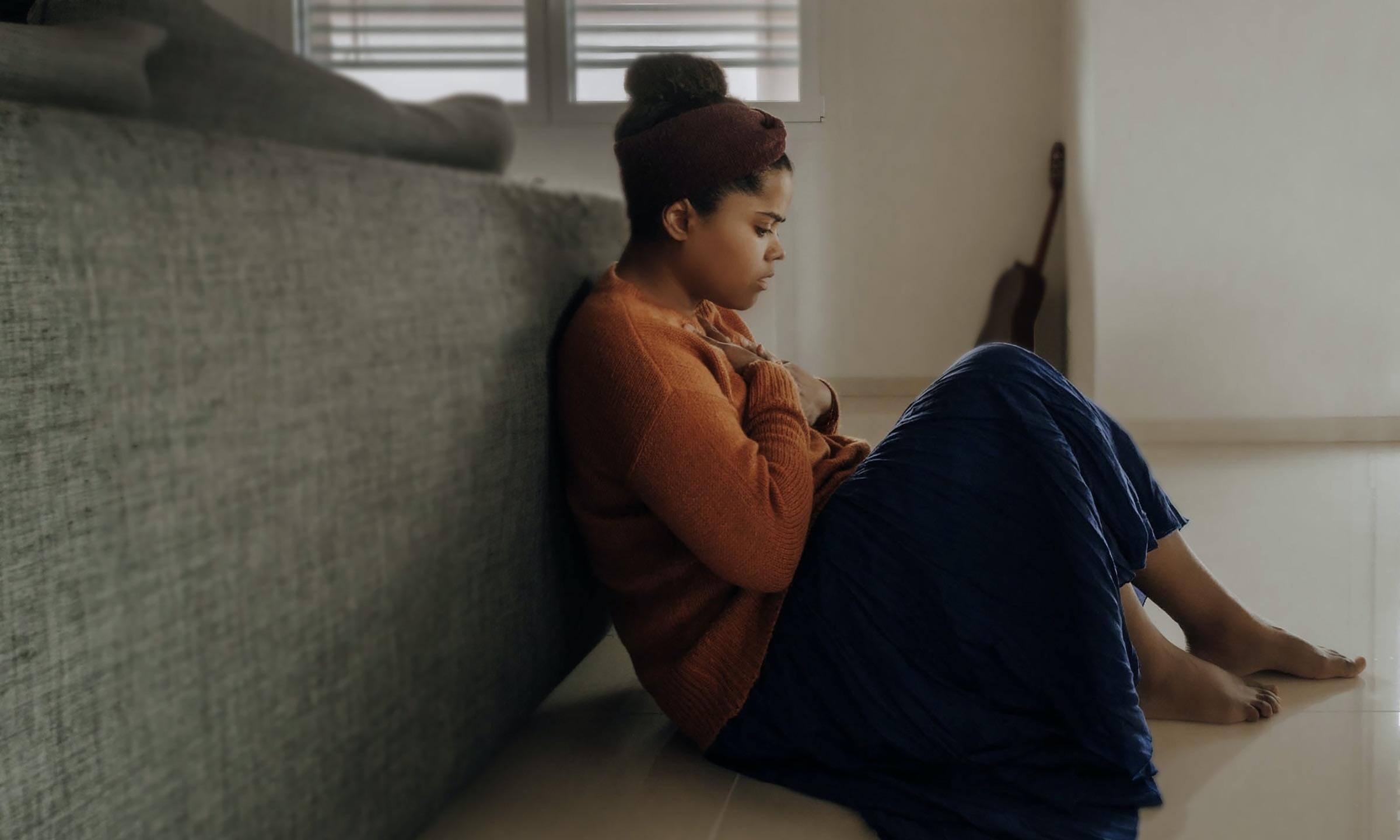Callyope, a French startup, is pioneering a novel approach to mental health care by developing a remote monitoring platform for individuals with schizophrenia, bipolar disorders, and other mental health conditions. This innovative system relies on the patient's voice as a key tool for monitoring their well-being.
The company recently secured funding of $2.4 million, co-led by 360 Capital and Bpifrance’s Digital Venture fund, with contributions from No Label Ventures and several angel investors. This financial boost is set to propel Callyope's mission forward.
Enhancing Mental Health Care Through Innovation
In France, there are 600,000 individuals living with schizophrenia and over a million experiencing bipolar disorders. Regular psychiatric consultations are critical for these individuals, but psychiatrists often face challenges in meeting the high demand, typically seeing patients only every four to six weeks.
Callyope is working to bridge this gap by "enhancing" psychiatrists with a system that can alert health professionals to potential issues, thereby facilitating timely interventions. The platform utilizes speech recognition and monitors other soft biomarkers like sleep and physical activity, providing regular check-ins with patients.
Voice-Based Monitoring: A New Frontier
The uniqueness of Callyope's system lies in its use of voice-based interactions. Patients respond to simple questions via voice messages instead of filling out forms, a method particularly useful as many patients struggle with self-perception of their symptoms. For example, they might be asked about their sleep quality or medication effectiveness.
In instances where patients do not actively record messages, the system can involve hospital nurses to make calls and record them for analysis. The technology doesn't just focus on the content of the conversation but also analyzes other symptoms, like speech patterns, which are indicative of certain mental health conditions.
Privacy and Data Sensitivity
Callyope’s approach to data is highly sensitive and privacy-focused. Before implementing its proprietary model, the startup must freeze development and seek certification from health authorities. Initial results with the general population have been promising, indicating the potential for early detection of mild signs of anxiety and depression. The company plans to extend this technology to patients suffering from depression and schizophrenia.
Collaborating with psychiatric hospitals, Callyope is training its model on proprietary data, prioritizing patient privacy. The ultimate goal is to develop a system that analyzes audio directly on devices, ensuring that only the results are shared with psychiatrists. This method underscores the company's commitment to securing patient data and respecting individual privacy preferences.
Callyope's work is a significant step forward in mental healthcare, offering a more responsive and personalized approach to monitoring and treating mental health conditions.
Photo by: Joice Kelly/Unsplash



 TSMC Eyes 3nm Chip Production in Japan with $17 Billion Kumamoto Investment
TSMC Eyes 3nm Chip Production in Japan with $17 Billion Kumamoto Investment  Merck Raises Growth Outlook, Targets $70 Billion Revenue From New Drugs by Mid-2030s
Merck Raises Growth Outlook, Targets $70 Billion Revenue From New Drugs by Mid-2030s  Novo Nordisk Launches Once-Daily Wegovy Pill in U.S. at Competitive Pricing
Novo Nordisk Launches Once-Daily Wegovy Pill in U.S. at Competitive Pricing  SpaceX Seeks FCC Approval for Massive Solar-Powered Satellite Network to Support AI Data Centers
SpaceX Seeks FCC Approval for Massive Solar-Powered Satellite Network to Support AI Data Centers  TrumpRx.gov Highlights GLP-1 Drug Discounts but Offers Limited Savings for Most Americans
TrumpRx.gov Highlights GLP-1 Drug Discounts but Offers Limited Savings for Most Americans  Nvidia CEO Jensen Huang Says AI Investment Boom Is Just Beginning as NVDA Shares Surge
Nvidia CEO Jensen Huang Says AI Investment Boom Is Just Beginning as NVDA Shares Surge  SoftBank Shares Slide After Arm Earnings Miss Fuels Tech Stock Sell-Off
SoftBank Shares Slide After Arm Earnings Miss Fuels Tech Stock Sell-Off  Instagram Outage Disrupts Thousands of U.S. Users
Instagram Outage Disrupts Thousands of U.S. Users  Baidu Approves $5 Billion Share Buyback and Plans First-Ever Dividend in 2026
Baidu Approves $5 Billion Share Buyback and Plans First-Ever Dividend in 2026  China to Add Eli Lilly’s Mounjaro to National Health Insurance in 2025
China to Add Eli Lilly’s Mounjaro to National Health Insurance in 2025  Jensen Huang Urges Taiwan Suppliers to Boost AI Chip Production Amid Surging Demand
Jensen Huang Urges Taiwan Suppliers to Boost AI Chip Production Amid Surging Demand  FDA Targets Hims & Hers Over $49 Weight-Loss Pill, Raising Legal and Safety Concerns
FDA Targets Hims & Hers Over $49 Weight-Loss Pill, Raising Legal and Safety Concerns  Sanofi Gains China Approval for Myqorzo and Redemplo, Strengthening Rare Disease Portfolio
Sanofi Gains China Approval for Myqorzo and Redemplo, Strengthening Rare Disease Portfolio  Tencent Shares Slide After WeChat Restricts YuanBao AI Promotional Links
Tencent Shares Slide After WeChat Restricts YuanBao AI Promotional Links  SpaceX Updates Starlink Privacy Policy to Allow AI Training as xAI Merger Talks and IPO Loom
SpaceX Updates Starlink Privacy Policy to Allow AI Training as xAI Merger Talks and IPO Loom  Viking Therapeutics Sees Growing Strategic Interest in $150 Billion Weight-Loss Drug Market
Viking Therapeutics Sees Growing Strategic Interest in $150 Billion Weight-Loss Drug Market 































